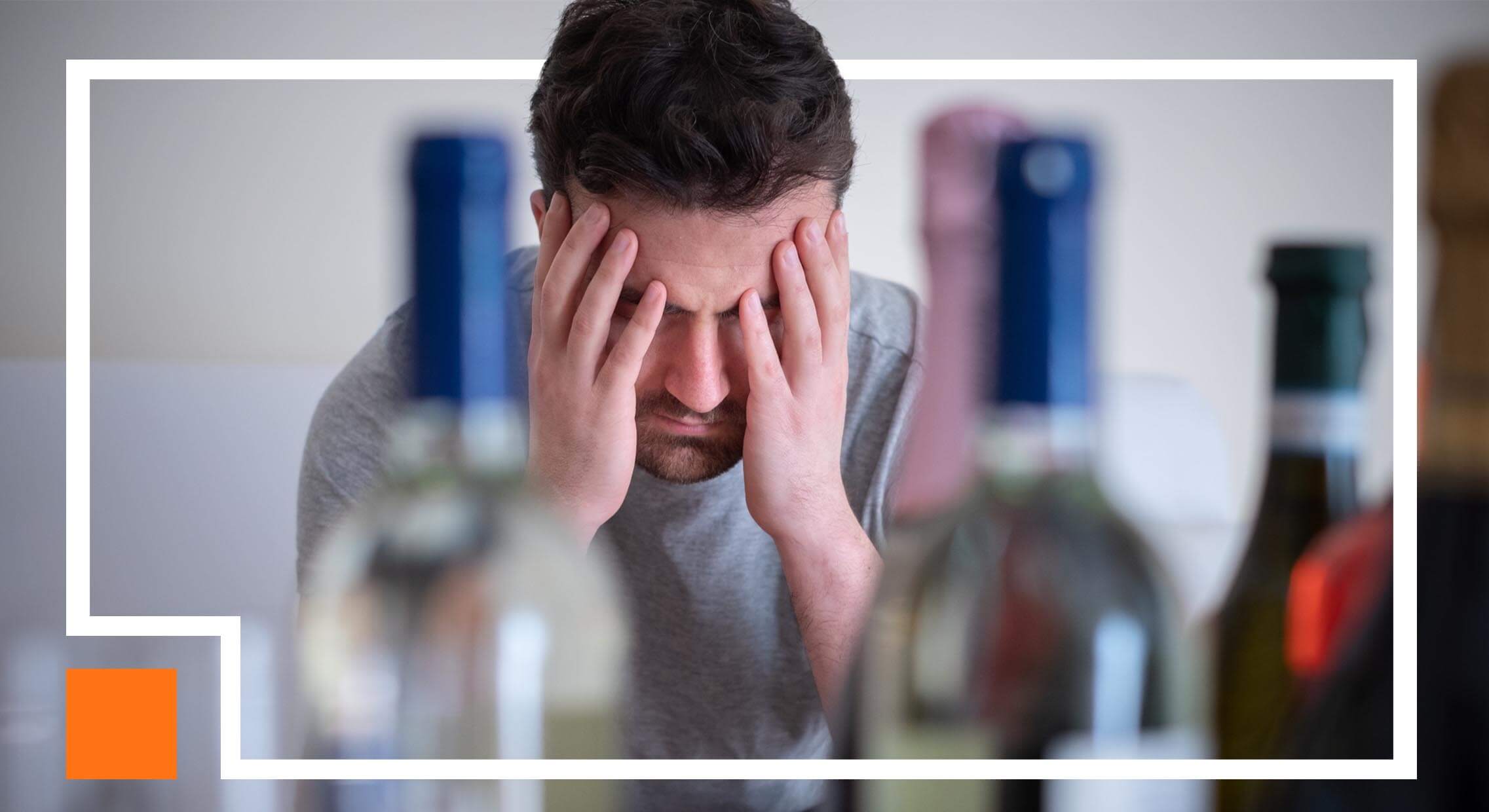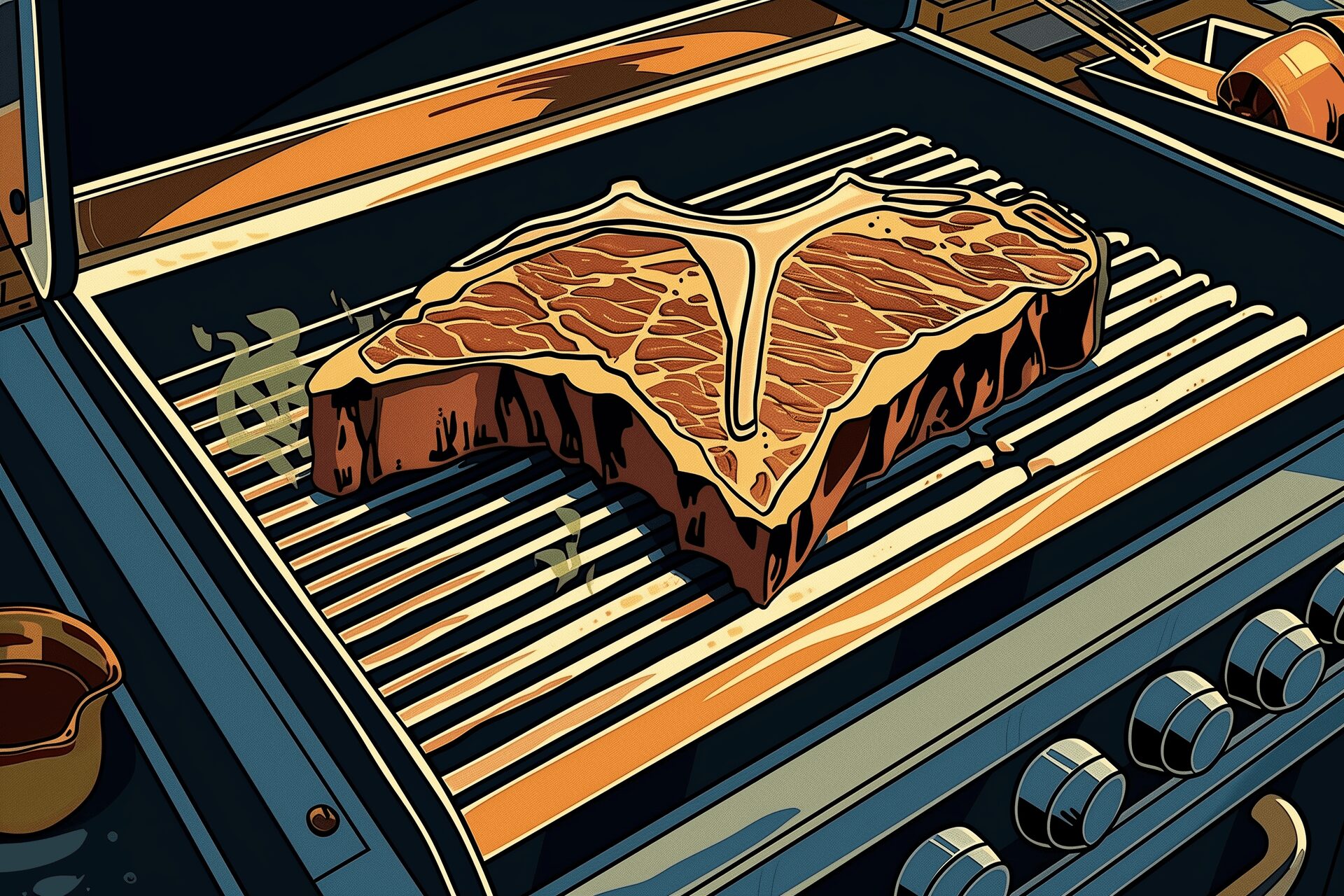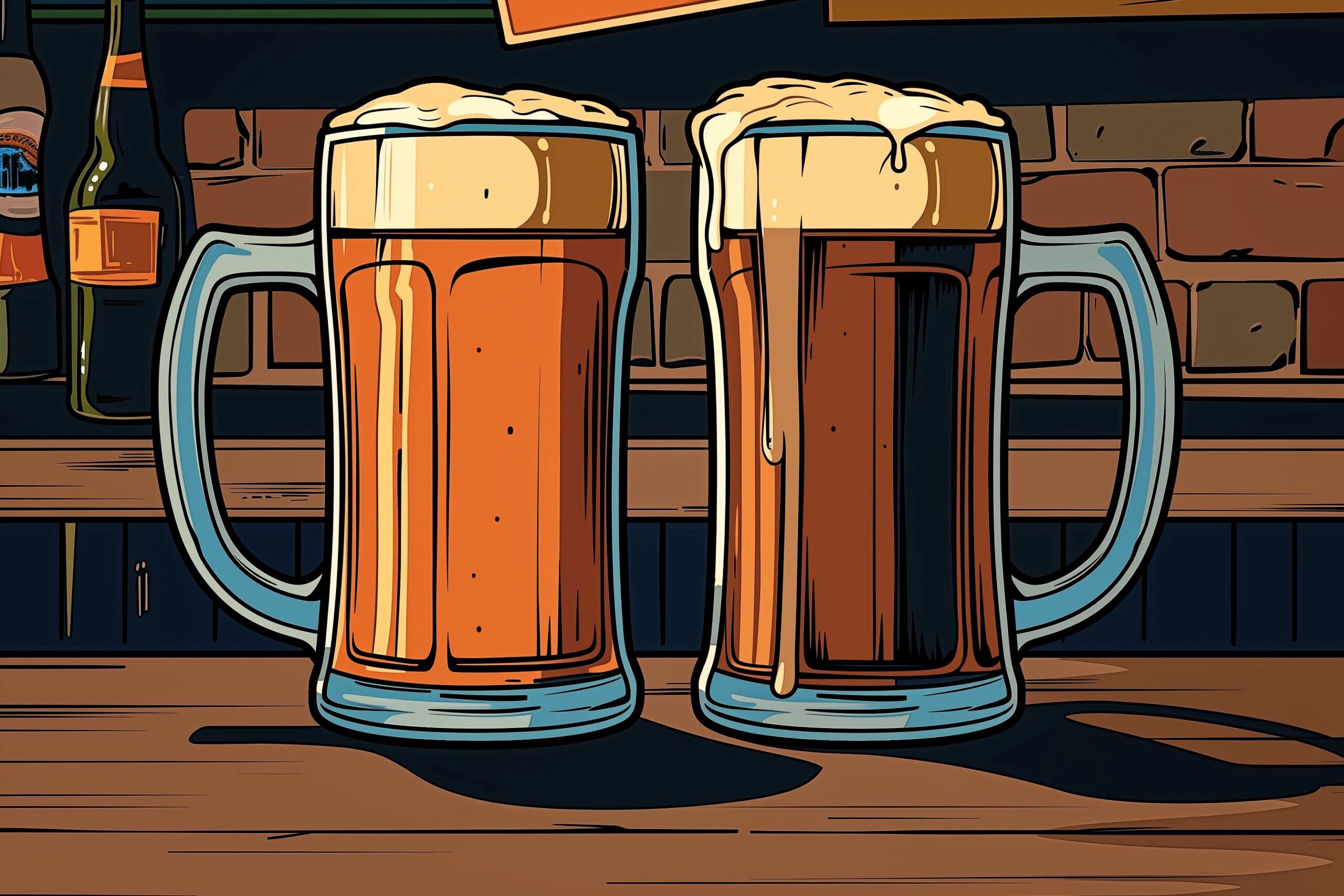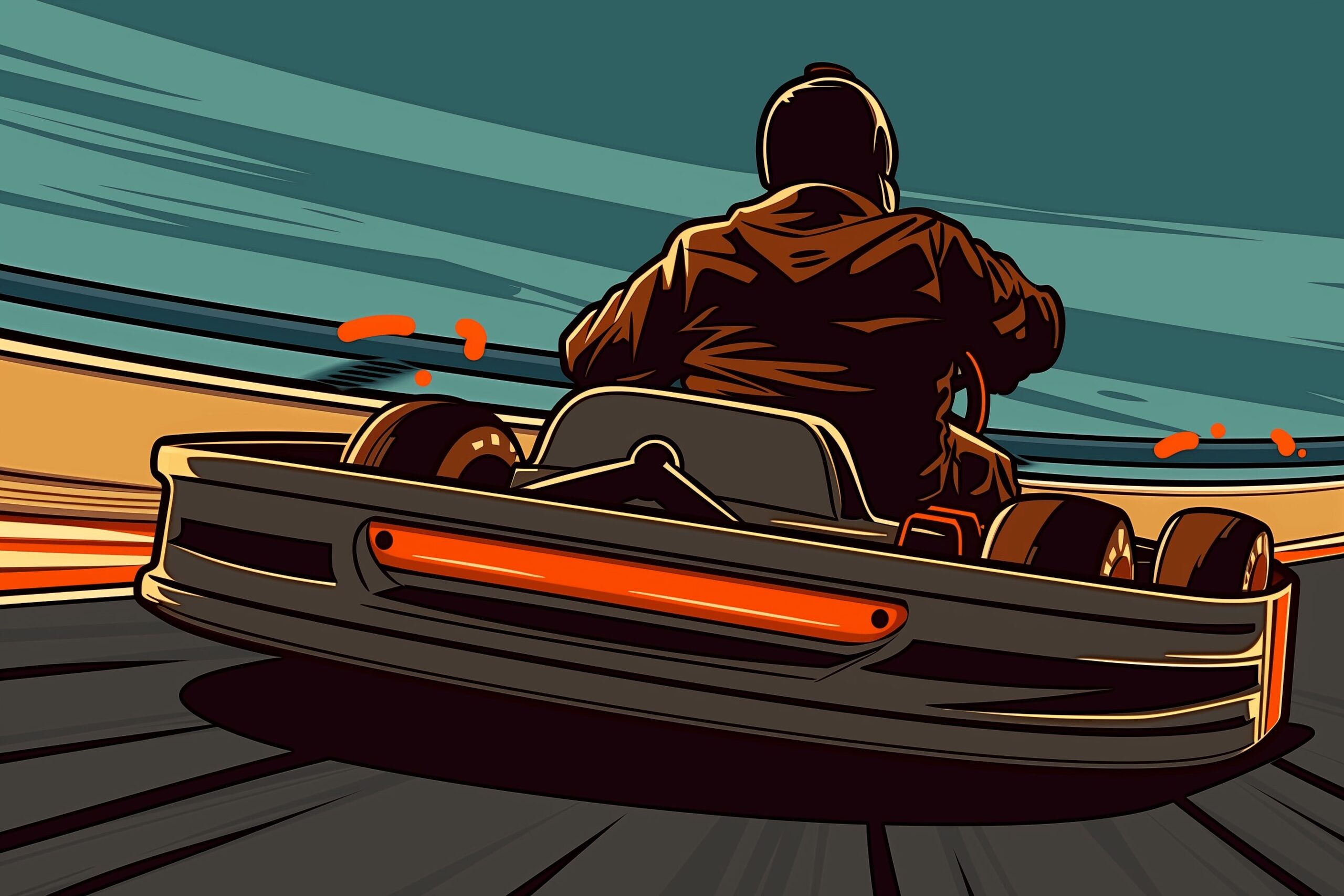7 Best Hangover Cures
Aug 17, 2022

As an Amazon Associate, Modded gets commissions for purchases made through links in this post.
A hangover is a natural, unavoidable part of drinking alcohol, right? Not necessarily! A hangover is a frequent negative outcome of heavy drinking, but you can cure it and even avoid it altogether. All it takes is a little responsibility. Here are the seven best hangover cures and proactive ways to avoid getting them.
What Causes a Hangover?
A “hangover” is your body’s reaction to excessive alcohol consumption. It’s primarily caused by excessive stomach acid and low blood sugar, but many other factors can contribute to a nasty hangover:
- Poor diet
- Drug use
- Sleep deprivation
- Raised body temperature
- High amount of congeners in the consumed alcohol
A hangover’s symptoms can also widely vary, both in number and severity. These are the most common symptoms:
- Headache
- Fatigue
- Nausea and vomiting
- Dizziness
- Irritability
- Extreme thirst
- Dry mouth and tongue
- Sensitivity to light and sounds
- Accelerated heart rate
A severe hangover can also lead to seizures, irregular breathing, discolored skin and a repeated loss of consciousness (not sleep). If any of these symptoms arise, you should consider it a life-threatening situation and call 911. About 2,200 Americans die from alcohol poisoning every year, so play it safe and get help before it’s too late.
Best Hangover Cures and Prevention Methods
The best hangover cures are often the most simple: a glass of water, a hot meal and a solid nap. However, they don’t always manage to alleviate the symptoms. Here are some more detailed ways to cure and prevent the post-drinking blues.
1. Drink Electrolytes
The best way to get rid of a hangover is to rehydrate with water and electrolyte-dense fluids. Some of them might be difficult to get down, but these are the most effective drinks:
- Fruit juices or smoothies
- Coconut water
- Whole milk
- Pedialyte
- Gatorade
- Propel
Organic drinks like fruit juices and coconut water are the easiest to digest, so we recommend you try them first and add them to your diet. Sports drinks are also adequate substitutes, but you shouldn’t consume them all the time, as many of them are high in sugar and calories. Treat them as special hangover cures rather than daily beverages.
2. Take Anti-Inflammatory Drugs
A simple way to ease your hangover symptoms is to take anti-inflammatory drugs such as aspirin and ibuprofen. Tylenol does not belong in this group, as it contains high amounts of acetaminophen that can harm the liver. Dietary supplements like multivitamins will also help rebalance your body’s vitamin count and may help alleviate symptoms.
3. Sleep It Off
If you can manage to stay in bed without taking frequent trips to the bathroom, sleep is also a great hangover remedy. Your body will thank you for getting a solid eight hours after an evening of drinking. Many hangovers occur simply because we stay out too late and only get a few hours of sleep.
If you’re still hungover after a good night’s sleep, you must have done some impressive drinking the night before. After you’ve rehydrated, try taking another nap to sleep the symptoms off. Sometimes it’s hard to fall asleep while hungover, but the simple act of lying in bed can help lessen your headache, dizziness and irritability.
4. Sip Water While Drinking
Alcohol is a one-way ticket to dehydration, removing liquids from your body at a much quicker rate than other beverages. As such, you must drink water along with your alcohol if you want to prevent a hangover. Water will help dilute the alcohol in your system and filter it out more quickly.
Some people have a glass of water after every drink, while others sip on water and alcohol simultaneously. The method doesn’t matter, as long as you drink plenty of water. You might have to urinate more often, but that’s a common consequence of alcohol consumption anyway. Do yourself a favor and drink some water.
5. Eat Before, During and After
Alcohol also causes your stomach to secrete more gastric acid than usual, which impedes digestion and leads to the dreaded nausea and vomiting stage. A simple way to avoid this stage is to eat before, during and after drinking. Your eating schedule should look something like this:
- Eat a meal with simple ingredients about an hour before you start drinking.
- Once you start to feel intoxicated, nibble on a snack to help pace yourself.
- Have a light meal right before you fall asleep. This step should be easy, as drunk people often get the munchies.
It’s extremely important not to eat foods that are difficult to digest. Dairy products and fried or processed foods are the main things you should avoid. If you eat a cheeseburger and a basket of french fries before drinking, you’re setting yourself up for a yack session later on.
6. Have Low-Congener Drinks
High-congener drinks lead to more severe hangovers. The darker the drink, the more congeners it has. That means you should avoid dark liquors like whiskey and focus on light beer, vodka, gin and white wine. You might have to sacrifice some flavorful dark mixed drinks, but it’s the right thing to do if you want to prevent a hangover.
7. Consider Your Family History
If you suffer from extreme hangovers despite your best efforts, your family history might be to blame. Observe how alcohol affects your parents, siblings and extended family members.
You might have a genetic condition that causes your body to digest alcohol differently. The only cure for this kind of hangover is to stop drinking altogether. Consider yourself lucky, because the other side of the coin is much worse.
On the other side, you might be able to consume excessive amounts of alcohol and avoid hangovers. This kind of unusual tolerance might be a sign of alcohol use disorders passed down through generations. It might impress your college buddies, but it’s not something to abuse. If you’re worried about your drinking habits, reach out for help right away.
Listen to Your Body
Hangovers are common occurrences, but you’re doing something wrong if you experience one every time you drink. It might be your diet, hydration, sleep, choice of beverages, family history or a combination of them all. No matter the reason, you must listen to your body. Take all the proactive and reactive steps you can to combat the alcohol in your system and get back to feeling 100%.






